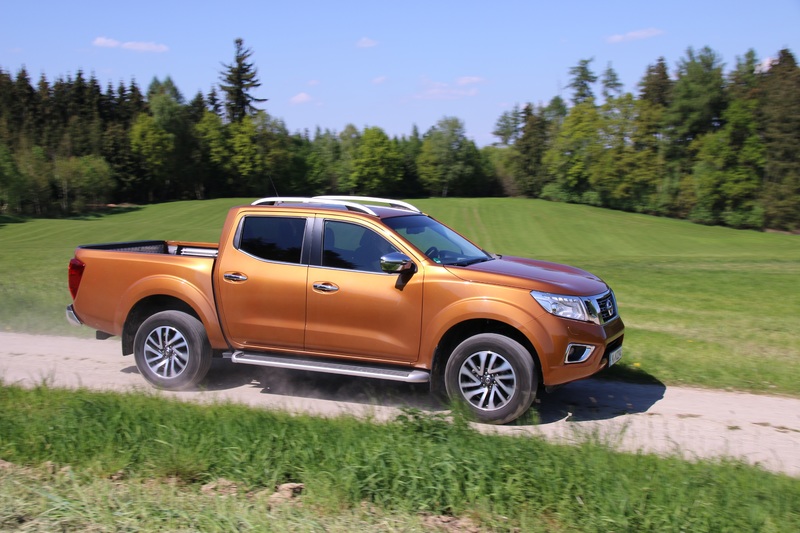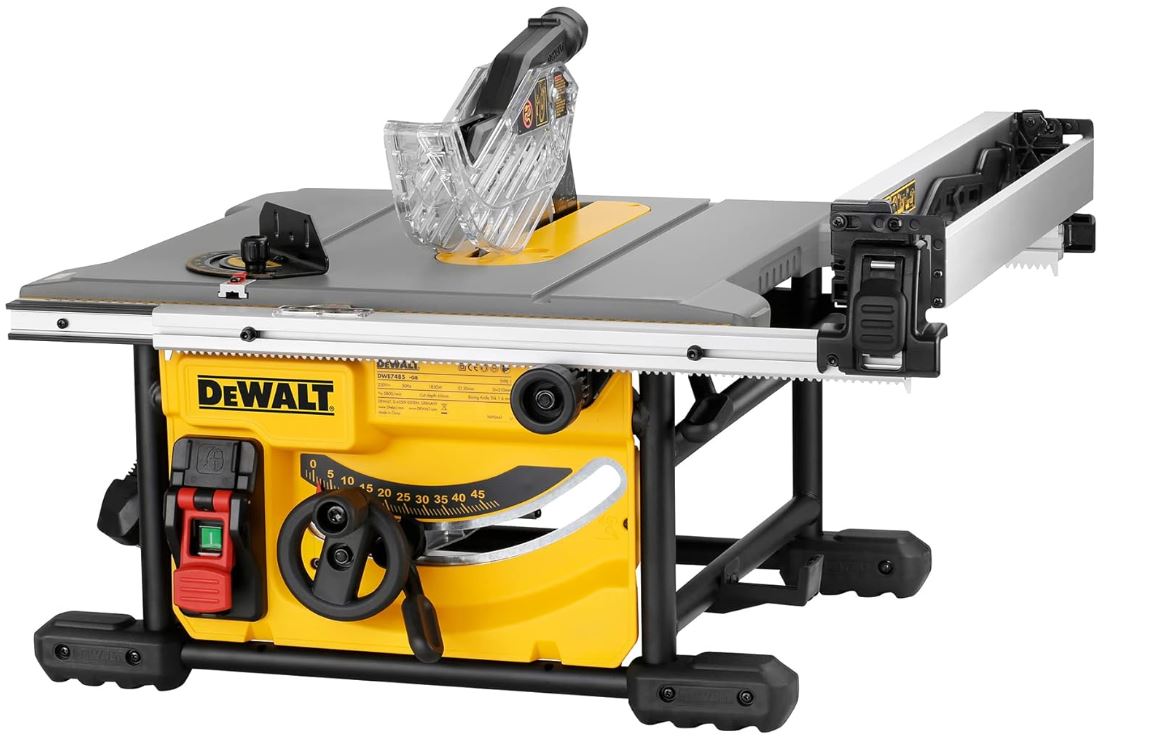The decision to buy or lease a new vehicle hinges on a number of key factors. Moreover, the financial advantages of each of those choices can vary according to your particular circumstances. This is particularly true when it comes to pickup trucks because they have some considerations that won’t necessarily come into play with cars.
So, should you lease a pickup truck?

More Truck for Less Money
Without question, the biggest point in leasing’s favor is its ability to make your transportation dollar go farther. You’ll get into a new truck with a lower down payment and a lesser monthly outlay with a lease. This is because you only finance your use of the truck with a lease, as opposed to financing the entire purchase as you do when you buy.
In other words, a lease only holds you responsible for the amount of the depreciation that happens while you use the truck. When you return it at the end of the lease period, the lender will be happy to claim the value left in the truck and write you a lease for a new one.
This is one of the factors making offers like Ram lease deals so attractive.
Mind The Restrictions
However, there are caveats to consider. The concept of leasing hinges upon what’s known as the residual value of the truck. In other words, it has to be worth a certain amount of money when you bring it back.
The residual is an estimated valuation, based upon the truck being returned in good condition, with no more than the agreed-upon mileage.
You’ll also agree to keep the truck free of modifications or reverse any you make. All the equipment it had when it left the dealer’s lot must come back too. This means both sets of keys, the owner’s manual and the tools. Floor mats and the like must be there too. Similarly, the tires must match, have good tread on them and be of the same general type the truck had when you took delivery.
Fees Can Add Up
The presence of all of those elements contributes to the resale value of the truck on the secondary market. The good news is it’s not your problem if the market decides the truck is worth less — even when you do bring it back in good condition. In other words, if the leasing company guesses wrong on the residual value, it’s their problem, not yours — as long as you’ve met the stipulations of the lease agreement.
With that said, you will pay fees for excess mileage, missing equipment and most concerning when it comes to a pickup truck — excessive wear and tear. While a huge number of people consider trucks to be fashion statements, a significant portion of the truck-buying population puts them to work.
This means hauling heavy, potentially abrasive objects that can scratch paint. Pickup trucks can spend a fair amount of time on dirt roads and trails as well. This exposure can be detrimental to the truck’s overall appearance — both inside and out. It can also mean a lot of miles. The average lease affords drivers between 12,000 and 15,000 miles a year. You could go over with heavy usage.
Putting the truck straight to turn it in after three years of hard labor could be a costly undertaking. After all, you’ll either pay to fix it, or you’ll pay fees imposed by the leasing company to make up for it. So ultimately, the question should you lease a pickup truck really comes down to how you plan to use it, whether you’re willing to repair any damage that might occur, or just keep it and pay off the residual.




